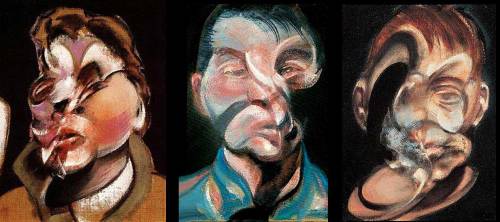The Failure of the Recognition Paradigm in Critical Theory
by cominsitu

by Michael J. Thompson (PDF)
Critical theory has been decidedly transformed over the past thirty years by the influence of ideas that, in many basic ways, run counter to the initial set of ideas and propositions that defined and shaped the first generation of critical theorists. Now, critical theorists deal with questions of human rights, dignity, justification, and theories of democracy. They have broken with a more robust, more insightful, and more radical project of understanding the mechanisms of social domination, the deformation of character and the deformations of cognitive and epistemic powers that explain the increasing acceptance of the prevailing social order and the increasing integration and legitimacy of pathological forms of social life. The break was effected with a move toward pragmatist themes on the one hand and toward a concern with neo-Idealist ideas rooted in Kant and Hegel. This reworking of critical theory has been centered on the elimination of ideas rooted in Marxism and into a kind of system building that champions the supposed self-transforming powers of intersubjective social action. Indeed, whereas Habermas has been highly successful at promoting a Kantian-pragmatist paradigm based in discourse, Axel Honneth’s work has been premised on a neo-Idealist return to Hegelian themes fused to pragmatist ideas about social action and self- and social transformation. I believe that this move has been lethal for the actual political relevance of critical theory, that it has drained it of its potency even as it has allowed for more professionalized success within mainstream intellectual and academic circles. The price paid for winning this acceptance, however, has been dear and it has compromised the very methodological and philosophical commitments of critical theory . . . [continue]